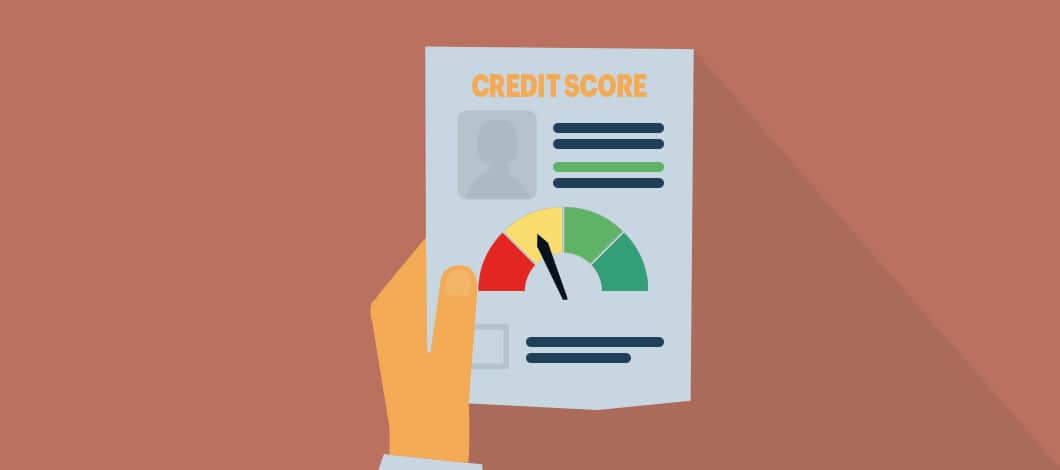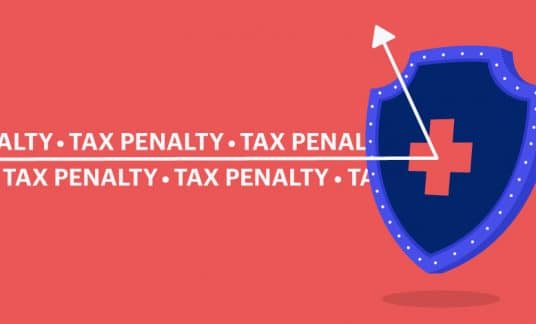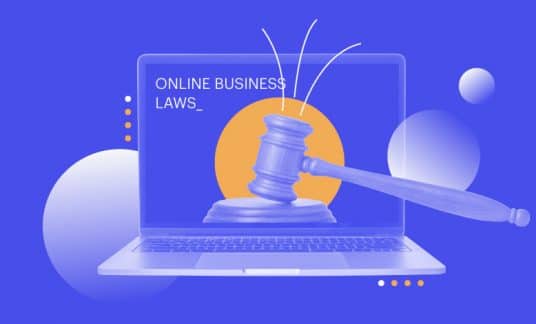Filing for bankruptcy protection is an unpleasant experience, but sometimes it’s necessary to get one’s financial affairs in order. However, bankruptcy doesn’t have to mean the end of your hopes for starting another business and getting approved for business loans.
Some may ask, “Can I get a business loan after bankruptcy?” While it isn’t easy to find lenders that make loans after bankruptcy, there are possibilities.
The plan is to develop a strategy and put in the effort needed to rebuild your financial standing.
Here are the steps to take for getting a business loan after bankruptcy.
What Is the Effect of Bankruptcy on Your Credit Report?
Depending on the type of bankruptcy protection filed, the discharge could remain on your credit report for up to 10 years.
Filing a Chapter 7 bankruptcy, which involves the total discharge of all your debts, will stay on one’s credit report for up to 10 years, according to Nolo, a publisher of legal information. Under Chapter 7, the court will discharge your unsecured debts, such as credit cards and medical bills. The court will sell your nonexempt assets and use the proceeds to pay off the creditors.
A Chapter 13 bankruptcy will show on your credit report for 7 years. With Chapter 13, you’ll prepare a financial reorganization plan to repay your creditors over 3 to 5 years. You’ll be able to keep most of your assets as long as your income is sufficient to meet the court-approved repayment plan.
With both types of bankruptcies, your credit score will likely drop about 200 points. The good news is the effect of bankruptcy on your credit score will go down over time. Lenders weigh recent bankruptcies more heavily than older events.
If you maintain a good credit history after the discharge of your bankruptcy, lenders will look more favorably on your recent credit history.
Here are some steps to improve your credit score:

Prepare a Business Plan
When you’re trying to borrow money after a bankruptcy, you’re going to need a good business plan. You want to show a lender that you’re capable of running a business and will not make the same mistakes you made before. You’ll need to prove to the lender that your new business will succeed and that the business will generate sufficient cash to comfortably repay their loan.
Your business plan should be thoughtful and detailed to show that you have invested the time and effort to create a successful business.
Write an Explanation of Your Bankruptcy
Applying for a new loan will give you a chance to explain the circumstances of your bankruptcy. Lenders want to understand the cause of your bankruptcy so they can evaluate the risk of another bankruptcy in your future
For example, if the cause of your bankruptcy was a divorce or because you got buried in unexpectedly high medical bills, a lender might be more understanding about your bankruptcy as opposed to a business owner who mismanaged the business and had to declare bankruptcy.
Be prepared with a timeline of the events that led to your bankruptcy with detailed explanations. Continue with examples that show how you’ve learned from the experience and have been effectively managing your finances since the bankruptcy. This will give the lender more confidence that you’ll be able to handle your business affairs and their loans in the future.
You also can submit a brief explanation to the 3 major credit bureaus about the causes of your bankruptcy.
Get a Secured Credit Card
Rebuilding your credit history means taking small steps at first. One way to do that is to get a secured credit card. This means you have to put up the cash as collateral for your line of credit. While not ideal, it does give you a way to create a new credit history for paying your bills on time.
Another option is to get a secured loan, such as equipment financing or invoice factoring. Since a lender has collateral, they are more willing to overlook your past bankruptcy. Payments on a secured loan will give you another opportunity to create an on-time payment history.
Note that a Chapter 7 bankruptcy wipes out all of your debts. You’ll be able to take on a small amount of debt and make the payments out of your income. If you’re coming out of a Chapter 13 bankruptcy, you may have to wait until you have repaid your previous debts before you can apply for new loans or credit.
Pay Bills on Time
Paying your bills on time has a significant impact on your credit score. According to credit-ratings firm Experian, payment history accounts for 35% of your FICO score. Therefore, rebuilding your payment history is one of the most important things you can do to increase your odds of getting a business loan.
Pay Down Debts
After your bankruptcy has been discharged, don’t take on an excessive amount of new debt, especially credit cards. If you do open new credit card accounts, keep the utilization below 30% and preferably below 20%. The lender will be looking to see how well you are managing your finances since the bankruptcy. You want to demonstrate that you know how to handle debt responsibly.
Taking on too much debt after bankruptcy sends a bad signal to lenders. You want to give the lenders confidence that you will be able to handle the financing.
Get a Co-Signer
If you can’t find a lender who’s willing to consider an applicant with a bankruptcy or if you have already been rejected by other lenders, the next step could be to look for a co-signer.
Asking someone to be a co-signer with you for a new business loan has its advantages and disadvantages. A co-signer with a stronger credit report will lower the risk for the lender and improve your odds of getting a loan approved.
On the other hand, if your new business venture fails and you’re unable to repay the loan with your personal assets, it would affect your credit history and your co-signer’s credit history. Ultimately, a loan default could destroy your relationship with the co-signer.

How Willing Are Lenders to Make Post-Bankruptcy Loans?
Not all lenders are willing to consider applicants who have previously declared bankruptcy. However, some post-bankruptcy lenders will consider borrowers if their bankruptcy has been discharged for more than one year. Other lenders will consider applicants with bankruptcies, but the discharge date has to be more than 3 or 5 years ago. In any case, be prepared for the lenders to charge higher interest rates because of the higher perceived risk.
If you’d like to apply for an SBA loan, bankruptcy will not necessarily disqualify you. The SBA doesn’t specifically decline applicants with bankruptcies. That said, you’ll have to make a solid case for your new business proposal and be able to have a good explanation for your previous bankruptcy. SBA doesn’t have a minimum credit score requirement, but lenders may have their own internal guidelines and minimum standards.
Be Patient
The more time that passes between the date of the discharge of your bankruptcy and applying for a loan, the better. This will give you time to rebuild your finances and establish a consistent on-time payment history.
It also will help if you’ve paid off any debts that weren’t discharged in your bankruptcy since this will show you’re a responsible person that will honor their contractual obligations. Follow these steps to restore your financial credibility and obtain business loans after bankruptcy.
Although the options for getting a loan after bankruptcy are limited, there are alternatives. It will be difficult for a while, no doubt. But if you manage your financial affairs responsibly, you’ll be able to recover and be successful in starting your new business.










